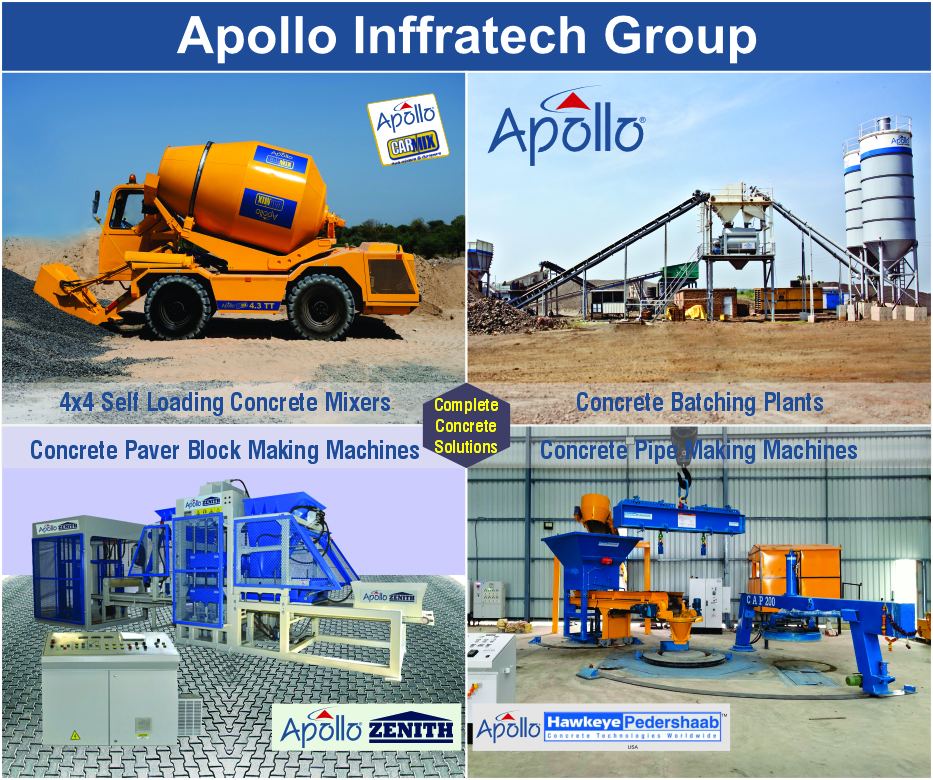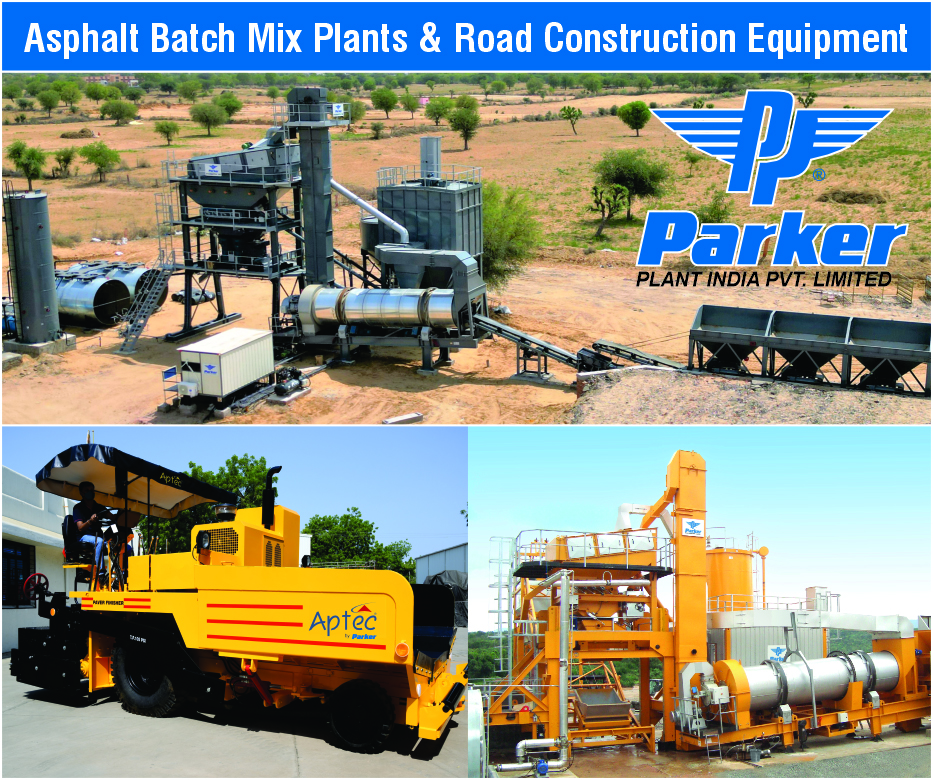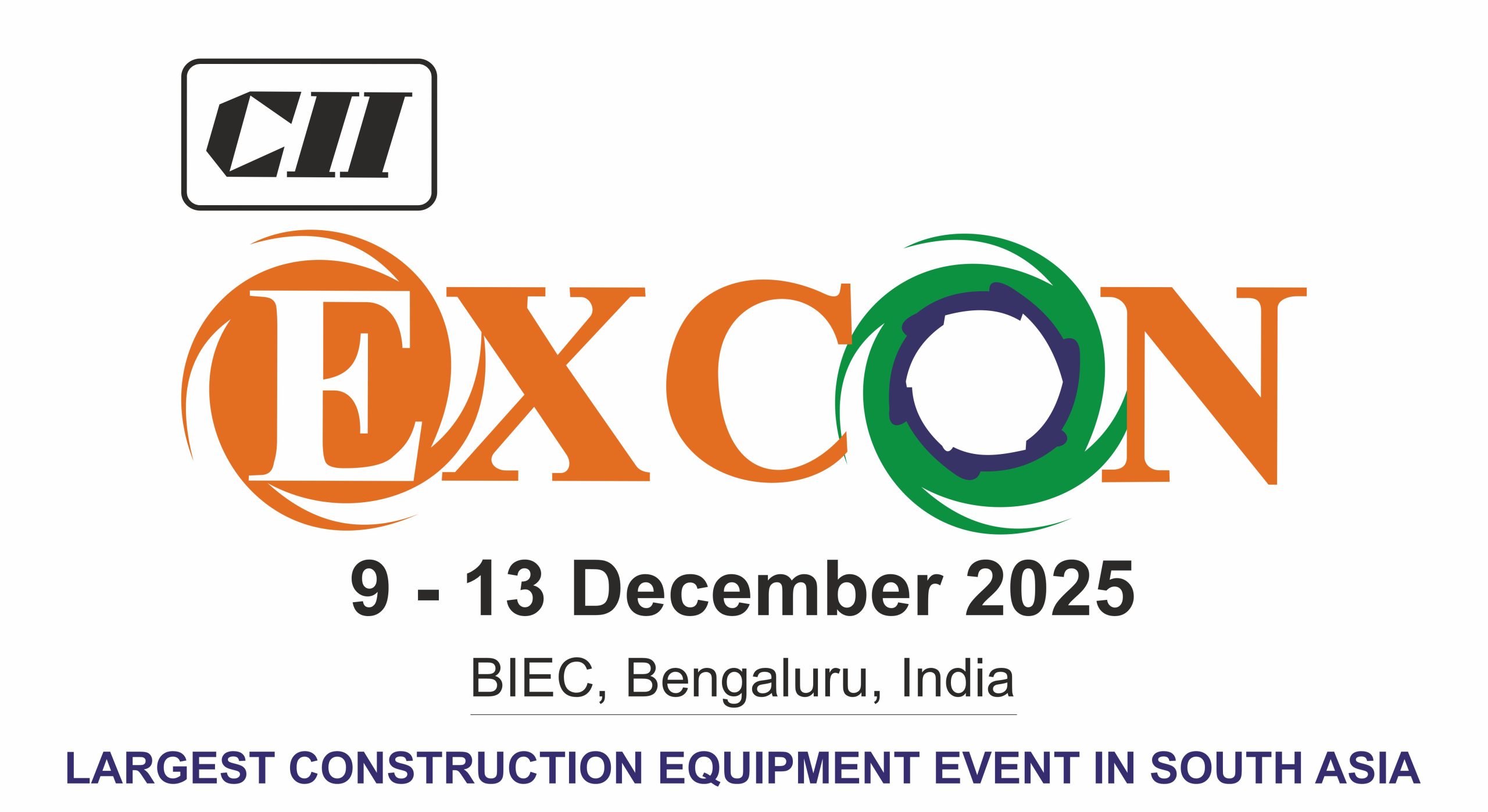Small-scale industries in Lokikere, Davanagere are grappling with decaying infrastructure, severely disrupting operations across the 19-acre estate hosting 48 units—from pipe makers to electronics assemblers—despite regular tax contributions to the municipal corporation. Since the Karnataka Industrial Area Development Board and KSSIDC transferred the estate to city control in 2003, critical facilities such as roads, drains, lighting, and water supply have been neglected.
Rainwater has clogged collapsing drains, making road access hazardous during monsoon. Broken streetlights leave the area unsafe after dark, and the existing—but unused—water distribution system forces units to rely on tankers. Vegetation has overrun pathways, complicating transport of raw materials and finished goods.
In the nearby Karur industrial zone (102 acres under municipal control since November 2024), a striking property tax hike—from ₹10,000 to ₹1 lakh per acre—sparked protests and required district-level intervention to postpone implementation until FY 2025.
Industrialists, led by the District Industrialists’ Association, decry the lack of municipal response despite repeated appeals:
“The municipal corporation is not showing interest… waste collection and drain cleanliness are also neglected,” said B. Shambulingappa
With declining infrastructure and contested tax policies, local businesses fear slowdown in productivity, marred logistics, and increased costs—hindering the growth potential of Davanagere’s industries.









